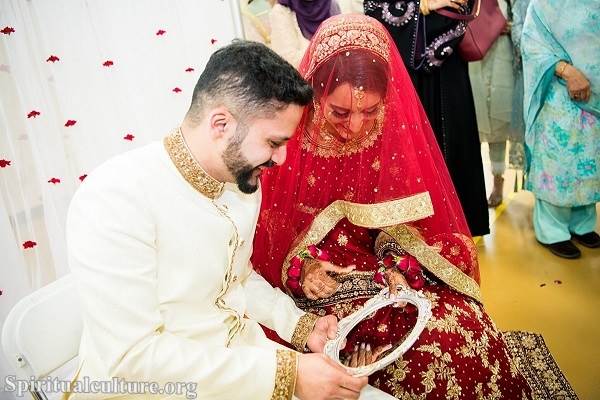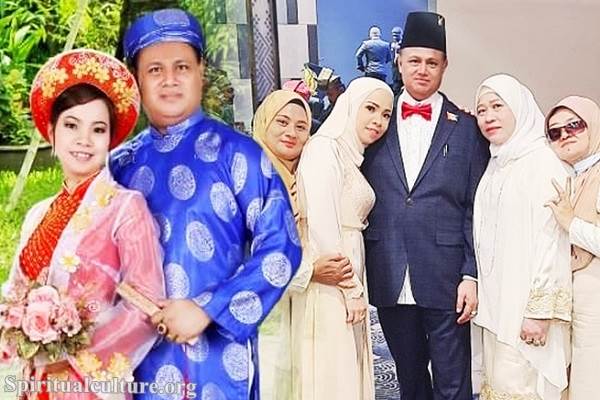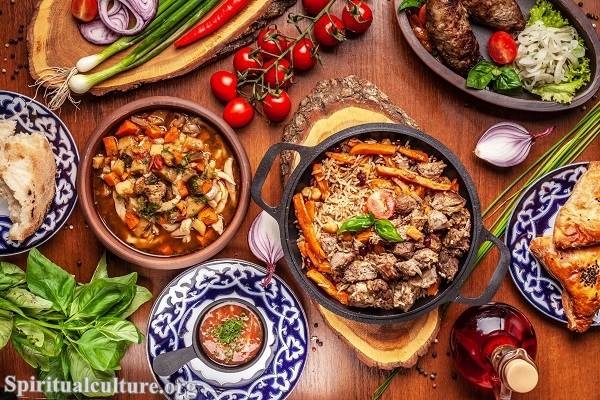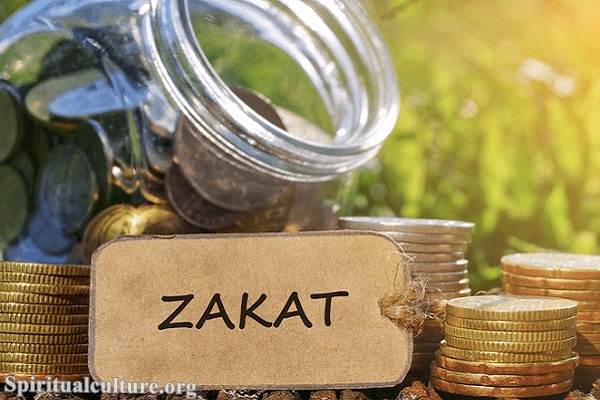Some common traditions include:
Engagement in Arab wedding
The engagement is an important part of an Arab wedding. It typically involves a formal agreement between the families of the bride and groom to arrange the marriage. During the engagement, families may discuss important details such as the wedding date, the dowry, and the preparations for the wedding.

The engagement can also include a celebration, where both families come together to eat, dance, and exchange gifts. The bride and groom may also exchange rings as a symbol of their commitment to each other. This can be a joyous and festive event and is an opportunity for the families to get to know each other before the wedding.
In some Arab countries, the engagement can be a very elaborate affair with a big party and many guests, while in others it may be a more private and intimate affair. Overall, the engagement is an important step in the lead-up to the wedding, and a time for families to come together and celebrate the couple’s future together.
Henna night in Arab wedding
The henna night is a pre-wedding celebration in Arab weddings, usually held a few days before the wedding day. During this event, the bride has intricate henna designs applied to her hands and feet. The henna is made from a plant-based dye that stains the skin and is said to bring good luck and protect the bride on her wedding day.

The henna night is a special event for the bride, who is often surrounded by female friends and family members. The event can be a time for the bride to relax and be pampered, and to reflect on the meaning of the upcoming wedding.
In addition to the henna application, the henna night can also include music, dancing, and other festivities. The event can be a celebration of the bride’s beauty and femininity, and a symbol of the bride’s transition into married life.
Overall, the henna night is an important part of the pre-wedding celebrations in Arab weddings and a time for the bride to be surrounded by loved ones and to prepare for the big day.
Dowry in Arab wedding
The dowry is a tradition in some Arab weddings, where the bride’s family gives a gift to the groom and his family. The dowry can include money, property, jewelry, and other items of value.
The purpose of the dowry varies, but it is often seen as a way for the bride’s family to demonstrate their financial status, or to provide financial security for the bride in the event of a divorce. In some cultures, the dowry is also seen as a way to provide for the bride and her future children.

The amount and nature of the dowry can vary greatly depending on the country, region, and financial status of the families involved. In some cases, the dowry is a small and symbolic gift, while in others it can be a substantial sum of money or property.
It is important to note that not all Arab countries practice the dowry tradition, and its use can vary greatly depending on the region, cultural background, and personal beliefs of the families involved. The use of dowry can also raise questions of gender equality, as it can be seen as a way for the bride’s family to “buy” the groom’s acceptance of the marriage.
Overall, the dowry is a traditional aspect of some Arab weddings, but its significance and use can vary greatly depending on the individual family and cultural background.
Wedding procession in Arab wedding
The wedding procession, also known as the Baraat or Zafa, is a tradition in some Arab weddings where the groom and his family go to the bride’s home to bring her to the wedding ceremony. The procession can be a lively and festive event, with the groom riding on a horse or in a decorated car, accompanied by friends and family members.

The purpose of the wedding procession is to formally ask for the bride’s hand in marriage and to bring her to the wedding ceremony. During the procession, the groom’s family may also present gifts to the bride’s family as a symbol of respect and gratitude.
The wedding procession is often seen as a joyous and celebratory event and can be accompanied by music, dancing, and other festivities. In some cultures, the procession may also be accompanied by traditional drumming and chanting.
Overall, the wedding procession is an important tradition in some Arab weddings and is a time for the groom and his family to formally ask for the bride’s hand in marriage and to bring her to the wedding ceremony.
Wedding ceremony in Arab wedding
The wedding ceremony in an Arab wedding can vary greatly depending on the region, cultural background, and religious beliefs of the families involved. However, some common elements of the wedding ceremony in Arab cultures include the signing of the marriage contract, the exchange of rings, and the public declaration of the couple’s commitment to each other.
The signing of the marriage contract is often a formal and legal process that outlines the rights and responsibilities of both the bride and groom. This can be performed in front of witnesses and is usually conducted by a religious or legal authority.
The exchange of rings is a symbol of the couple’s commitment to each other and can be a significant moment in the wedding ceremony. In some cultures, the bride and groom may also exchange other gifts, such as jewelry or flowers, as a symbol of their love and commitment.
The public declaration of the couple’s commitment to each other is often a key part of the wedding ceremony. This can involve the couple making a vow to love and support each other for the rest of their lives, or repeating a traditional declaration of their love and commitment in front of witnesses.
Overall, the wedding ceremony in an Arab wedding is a time for the couple to publicly declare their love and commitment to each other, and to symbolize the start of their new life together. The exact nature of the wedding ceremony can vary greatly depending on the cultural background and personal beliefs of the families involved.
Reception in Arab wedding
The reception is a celebration that follows the wedding ceremony in an Arab wedding. It is a time for the newlyweds, their families, and friends to come together to celebrate the union and enjoy food, music, and dance.
The reception can vary greatly in size and formality, depending on the region, cultural background, and personal preferences of the families involved. In some cases, the reception may be a small and intimate gathering of close family and friends, while in others it may be a grand and elaborate celebration with hundreds of guests.
Food and drink are usually a central part of the reception and can range from a sit-down dinner to a buffet-style spread, depending on the size and formality of the event. The menu can include a variety of traditional dishes, such as lamb, rice, and sweets, and is often accompanied by music and dance.
The reception is also a time for the newlyweds to be congratulated and showered with gifts. In some cultures, the reception may also include formal speeches by the families and the cutting of the wedding cake.
Overall, the reception is a time for the newlyweds, their families, and friends to come together to celebrate the union, enjoy food and drink, and dance the night away. The formality and size of the reception can vary greatly depending on the cultural background and personal preferences of the families involved.
Honeymoon in Arab wedding
The honeymoon is a tradition in many Arab weddings, where the newlyweds go on a trip together to celebrate the start of their marriage. The honeymoon is often seen as a time for the couple to relax, enjoy each other’s company, and start their new life together.
The destination for the honeymoon can vary greatly, depending on the personal preferences of the couple and their budget. Some popular destinations for Arab honeymoons include exotic locations such as the Maldives, Seychelles, and Bali, as well as cultural and historical sites such as Istanbul, Paris, and Venice.

The length and style of the honeymoon can also vary greatly, depending on the couple’s preferences and budget. Some couples may opt for a long, luxurious trip, while others may choose a shorter, more adventure-filled trip.
In some cultures, the honeymoon is also seen as a time for the couple to consummate their marriage, and start their physical and emotional intimacy as a married couple.
Overall, the honeymoon is a time for the newlyweds to relax, enjoy each other’s company, and start their new life together. The destination, length, and style of the honeymoon can vary greatly depending on the couple’s personal preferences and budget.
These are just some of the many traditions that can be part of an Arab wedding. The specific customs and traditions followed can vary greatly based on individual families and cultural backgrounds.



